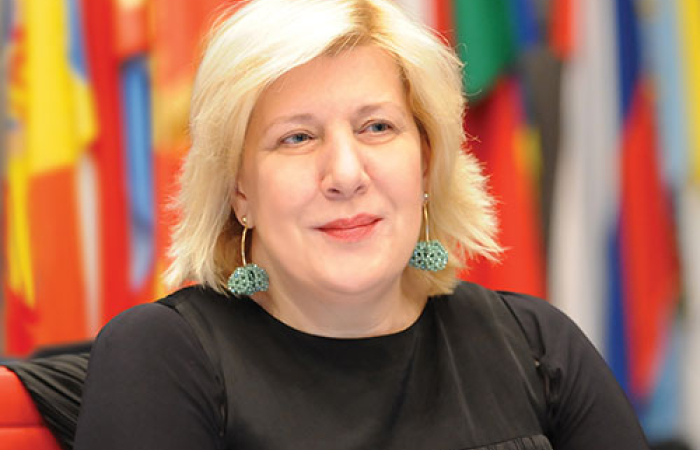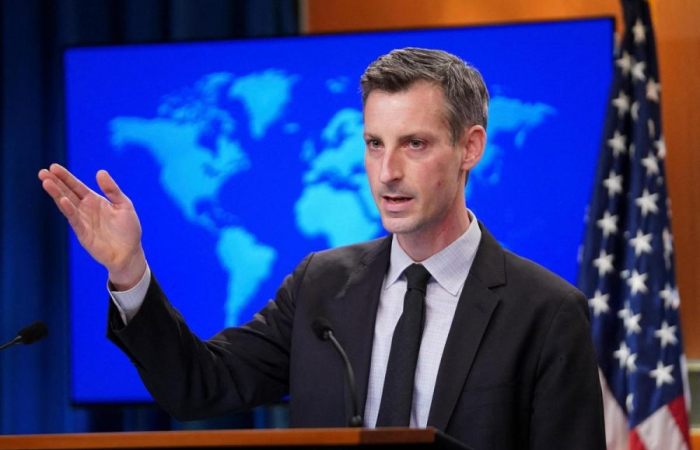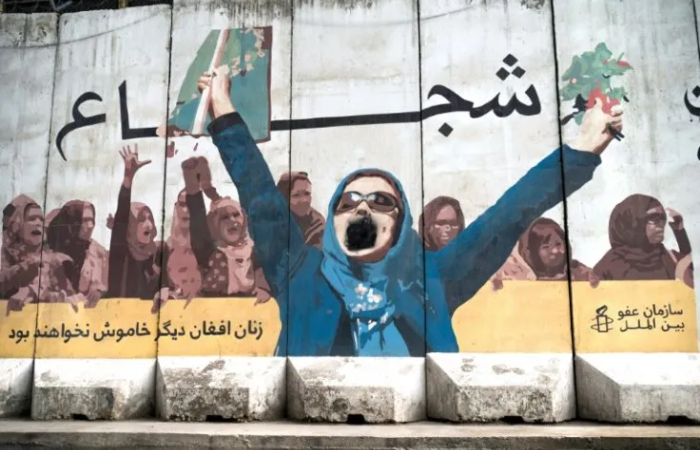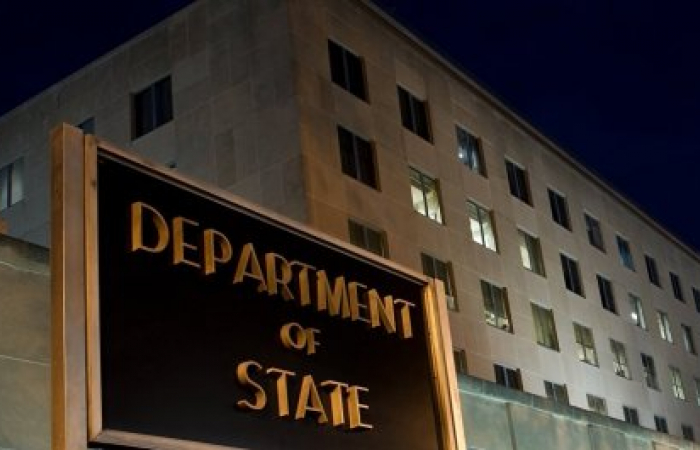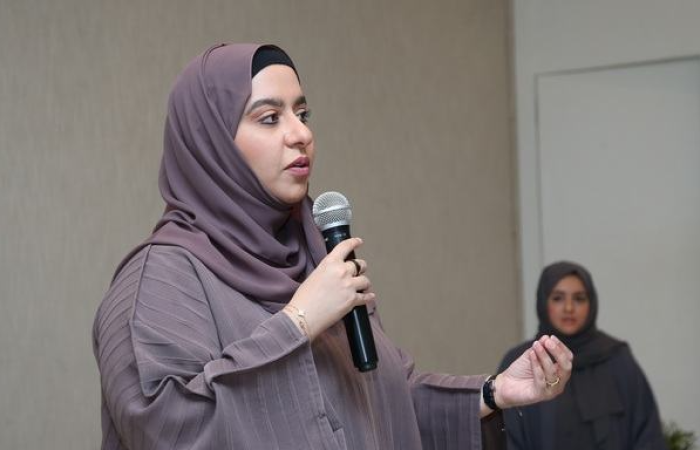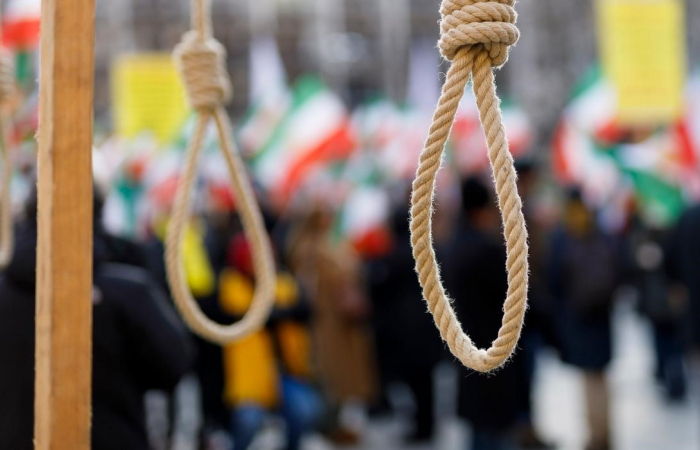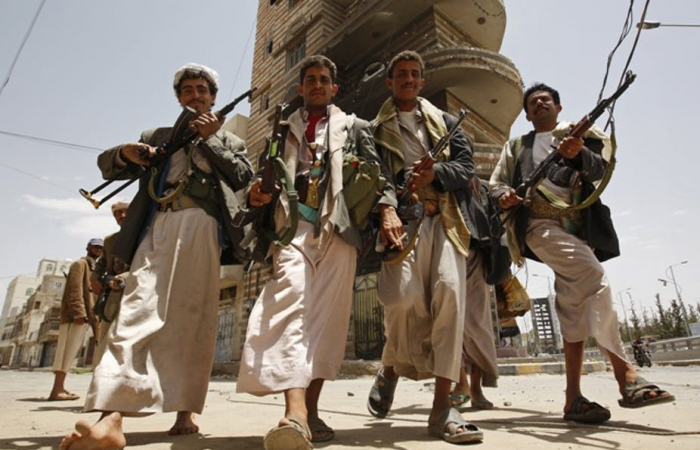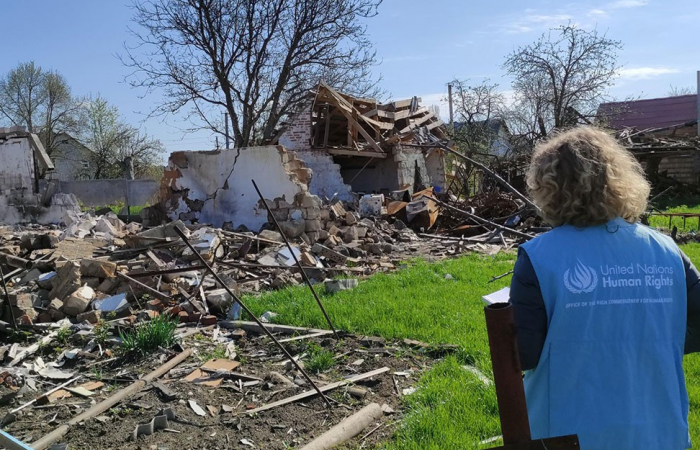Trending
Dunya Mijatovic: "Entrenched harmful stereotypes and prejudice against LGBTI people still prevail in segments of Georgian society, including some politicians"
28 March 2024
On March 27, the Council of Europe Commissioner for Human Rights, Dunja Mijatović, issued a statement calling on the Georgian government to “fully respect” its human rights obligations as a Council of Europe member state, “including with regard to the protection of the human rights of LGBTI people,” in response to the ruling party’s initiation of two draft constitutional laws on “family values and the protection of minors.” “I am concerned about the present political discourse in Georgia, as illustrated by the announcement made by the Georgian Dream Party of their initiative to amend the Constitution and to adopt a new constitutional law on ‘Protection of Family Values and Underaged Persons’. It is reflective of entrenched harmful stereotypes and prejudice against LGBTI people which still prevail in segments of Georgian society, including some politicians, and is capable of having a strong, negative impact on the human rights, safety and well-being of LGBTI people and defenders of their rights. It also represents the political manipulation of LGBTI-phobia in the run-up to elections, which I have previously condemned, and which should have no place in a democratic society, based on the rule of law and respect for human rights of everyone.



